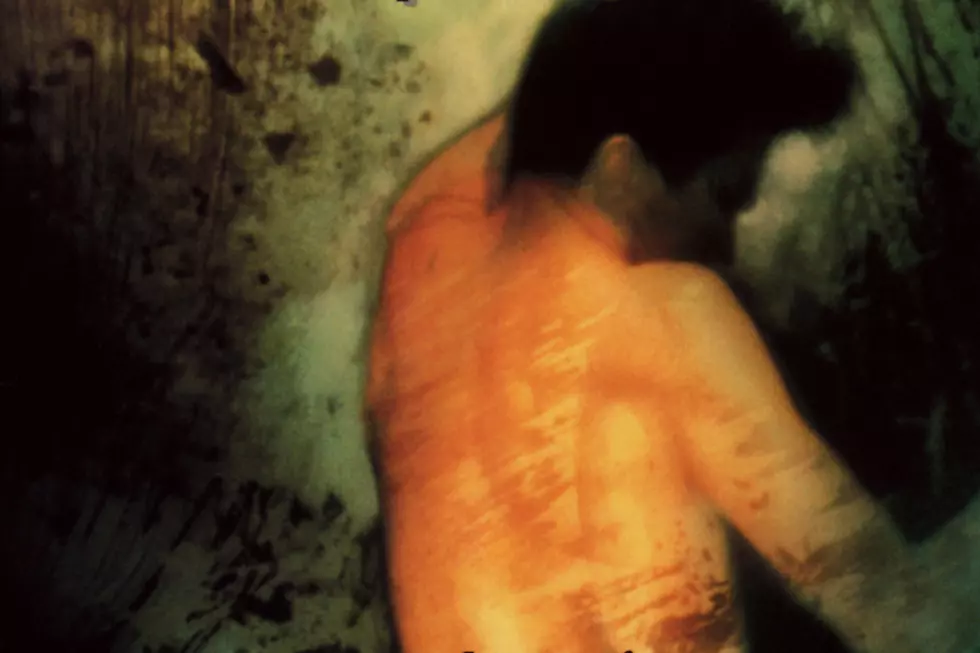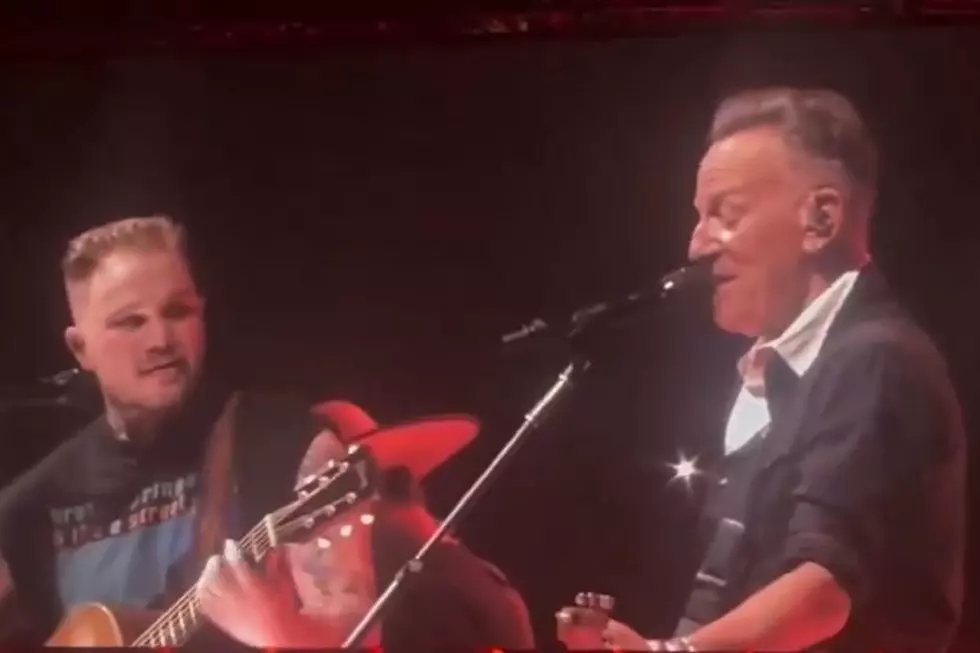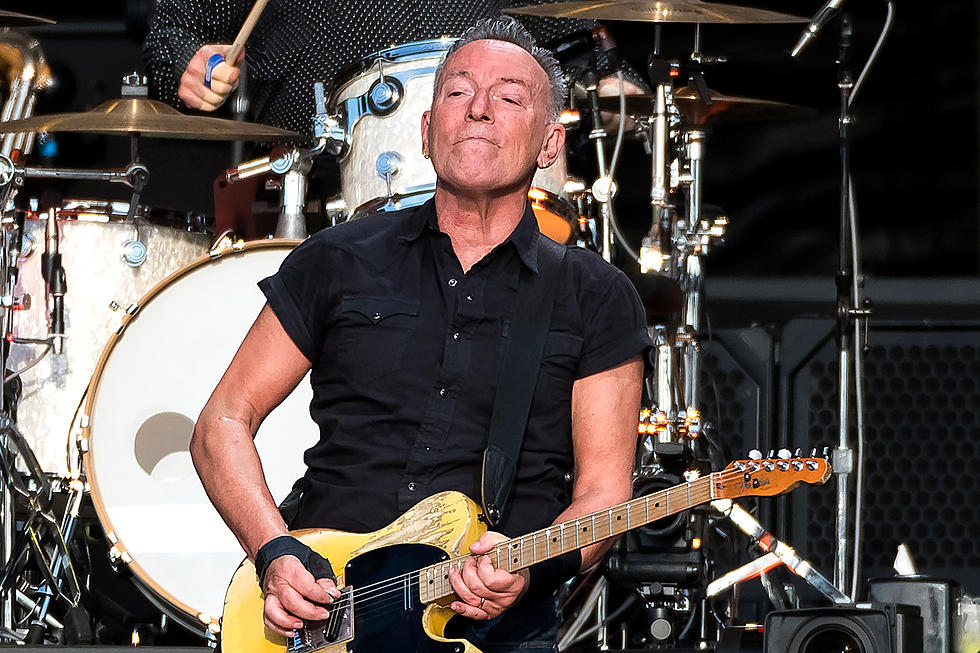
When Bruce Springsteen Unplugged Again on ‘The Ghost of Tom Joad’
“The highway is alive tonight,” Bruce Springsteen sang on the opening title track to The Ghost of Tom Joad, which was released on Nov. 21, 1995. While the words echoed those found on several Springsteen anthems, the tone was far different.
The fist-pumping rock 'n' roll that had roused arenas and stadiums around the world for the past 20 years was now replaced by acoustic guitars, muted synthesizer washes, brushed drums and hushed vocals. But the changes were merely on the surface. The characters were facing the same internal dilemmas as those he’d written about for years, albeit in a markedly different location.
As the ‘80s ended, Springsteen and now-wife Patti Scialfa had left his beloved New Jersey for Los Angeles. Between the stories he’d been reading in the newspapers, Dale Maharidge’s book Journey to Nowhere: The Saga of the New Underclass and his own excursions out into the desert, he became interested in the lives of the Mexican migrant workers. He saw not only a parallel to the desperation felt by the characters in his own songs, but also to those who fled Dust Bowl in the ‘30s, as depicted in John Steinbeck’s 1939 novel, The Grapes of Wrath.
The book centers on Tom Joad, a parolee who, like so many others at the time, travels with his family from Oklahoma to California in search of work upon losing their farm. Upon arriving after a difficult journey, Joad is horrified by the conditions in which the other displaced workers are forced to live. After killing the man who beats his friend to death, Joad resolves to fight injustice and help the downtrodden wherever he sees it.
Springsteen’s title song depicts a preacher who has vowed to continue Joad’s work, and the rest of the album depicts the road ahead of him. As he did on Nebraska, Springsteen tells the story of people who are living in the margins. “Straight Time” is about an ex-con struggling to adjust to life on the outside. The men in “Highway 29” and “The Line” are driven by lust to commit crimes. “Sinaloa Cowboys” chronicles a pair of Mexican brothers driven to making meth.
Listen to Bruce Springsteen's 'The Ghost of Tom Joad'
While most of the stories take place in the Southwest, there are a few exceptions. “Galveston Bay” deals with a Vietnamese refugee fighting racism in Texas and “Youngstown” finds Springsteen in familiar territory, the economic hardships of the Rust Belt.
In the end, Springsteen’s tales remained as compelling as ever, but the music doesn’t do them justice. His singing rarely rises above a whisper, nullifying their power as songs. Outside of “The Ghost of Tom Joad” and “Youngstown,” the only two that still regularly get performed with the E Street Band in full-bodied rock arrangements, there are no memorable melodies, and after a while they become somewhat interchangeable.
Because of his desire to scale his sound back so drastically, there wasn’t a true single to work to radio, especially at a time when alternative and hip-hop dominated the airwaves. The Ghost of Tom Joad only reached No. 11 on the Billboard 200, his first record since The Wild, the Innocent and The E Street Shuffle to not crack the Top 10 – and one of his few studio albums to not go platinum.
This relative lack of commercial success looked like Springsteen’s career was in decline, but by the end of the decade he would re-form the E Street Band and release a series of chart-topping albums and major world tours. With hindsight, The Ghost of Tom Joad comes across as a daring risk, one that paid off in some ways, but failed in others.
Bruce Springsteen Albums Ranked
More From Ultimate Classic Rock









